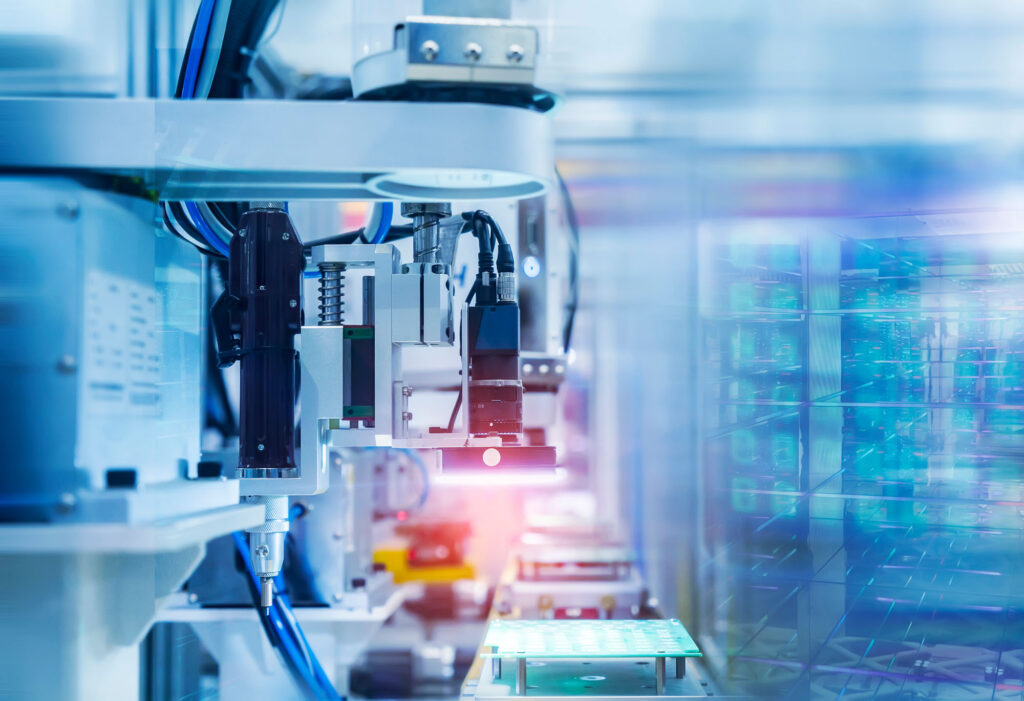Why glass?
As of now, glass cannot be recycled integrally.
While current processes in Europe incorporate best practices in reusing and recycling soda-lime glass, other kinds of glass with high potential are not recycled. Those come from multiple industries and have various uses such as medical glass, glass from X-ray tubes, LCD screens, smartphone screens and glass from car windscreens… As digital technologies develop rapidly, the amount of polluting waste in landfills is expected to increase exponentially.
This scenario is simply unsustainable and requires a paradigm shift from recycling only some types of glass to recovering all the different typologies of a material that has the potential of being recycled almost endlessly.
Glass figures
Project Summary
With six partners spread over four countries, EVERGLASS will develop a new prototype to recycle glass using lasers. By developing our strategy around six different Work Packages we hope to achieve a technological breakthrough.

Starting:
January 2024
Duration:
36 months
6 Partners
coordinated by University of Vigo
Budget:
2.9 million euros
Our goal
We will create a lab-scale prototype of the EVERGLASS machine. The machine will demonstrate the feasibility of “Glass Laser Morphing” (GLM) as a technology for recycling all glass waste into customized or technical products.

Expected results

Establish requirements for the conditioning of glass to EVERGLASS technology

Develop a mathematical model of the GLM process for the experimental system

Develop a laboratory-scale prototype (TLR4)

Proof of concept of the products generated by EVERGLASS

Establish the social conditions for the acceptance of the EVERGLASS technology